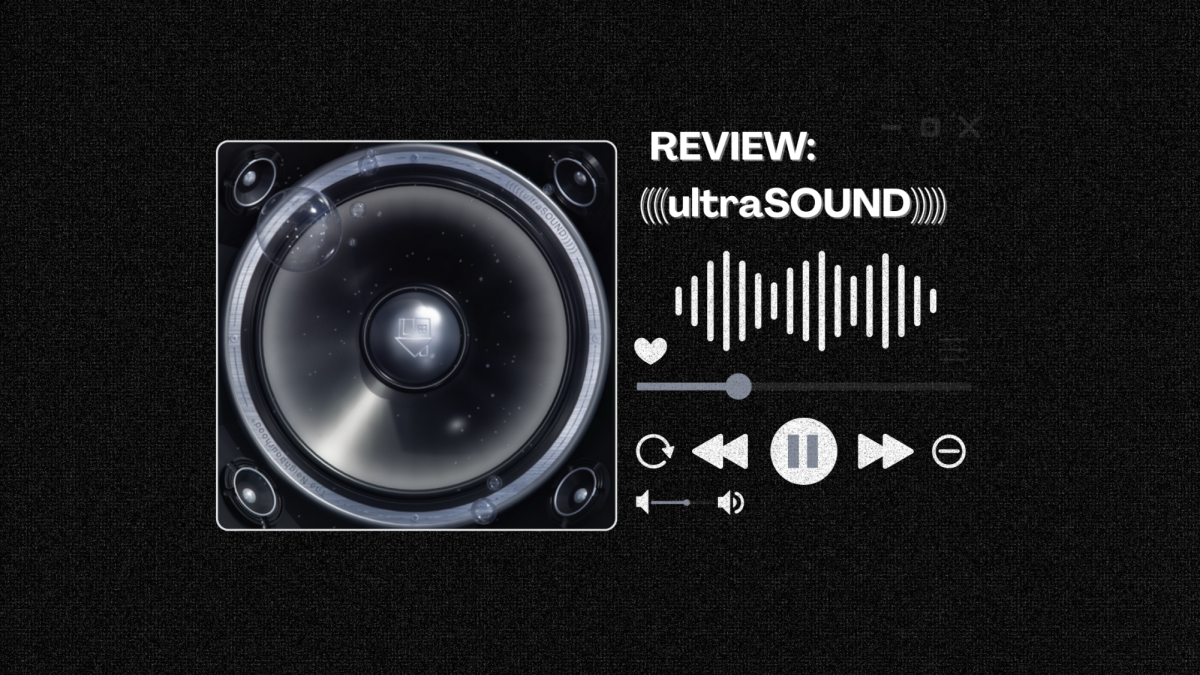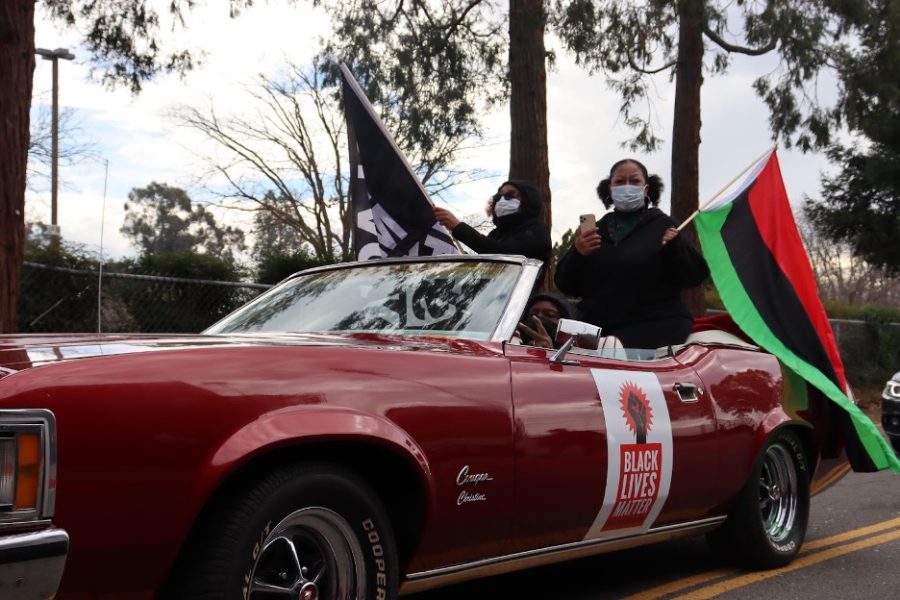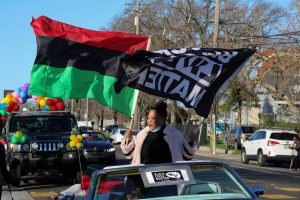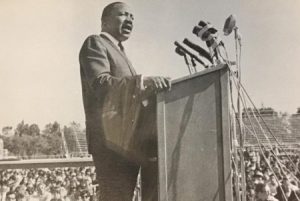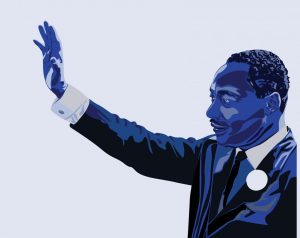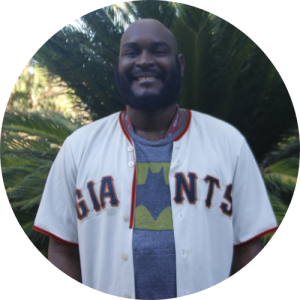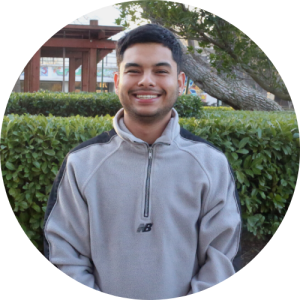Sac State serves as final destination for Reclaim MLK Day parade
BLM Sacramento and NAACP host second socially distanced car caravan
Tanya Faison, founder of Black Lives Matter Sacramento, waves the Pan-African flag as she leads the “Reclaim MLK” car caravan parade at Sacramento State on Monday, Jan. 17, 2022. BLM and the NAACP hosted a caravan parade that began at Grant Union High School then proceeded to Sacramento City College, Oak Park Community Center and ended at Sacramento State. (Photo by Keyshawn Davis)
January 18, 2022
Black Lives Matter Sacramento and NAACP of the Greater Sacramento held its 7th annual Reclaim MLK parade and second socially distanced car caravan, which passed through Sacramento State on Monday, Jan. 17. Participants gathered early in the morning for the start of the event, which served to honor the legacy of Dr. Martin Luther King, Jr.
The caravan began at 9 a.m. in North Sacramento at Grant Union High School led by Sacramento Transits “Old Blue” bus. It then continued to Sacramento City College and the Oak Park Community Center, then ended in the parking lot of Hornet Stadium at Sac State.
Tanya Faison, the founder of Black Lives Matter in Sacramento, said the Reclaim MLK parade came to fruition in January 2015 because there was another parade funded by different capitalist corporations that were not in line with Dr. King’s philosophy.
“We provided an alternative that actually was in alignment with the legacy of Dr. King,” Faison said. “He wouldn’t be marching with law enforcement to highlight the fact that he was anti-capitalist, he was anti-everything that wasn’t the people. And so we want to bring it back to the real MLK legacy.”
BLM Sacramento partnered with the NAACP of Greater Sacramento to highlight Dr. King’s legacy. Since last year, the parade has been a car caravan rather than a march to prevent the spread of COVID-19.
Betty Wiliams, president of Greater Sacramento NAACP, said “the theme this year is reclaiming the dream, and making sure that everyone remembers what the dream is about.”
“Especially since we’re fighting for our voting rights again,” said Williams. “So we’re reminding people this is an election year. You need to vote, we need to reach out to Congress to regain our voting rights, housing [and] health. Those are all the things that Dr. King fought for in a non-violent way, and bringing everyone together as one culture.”
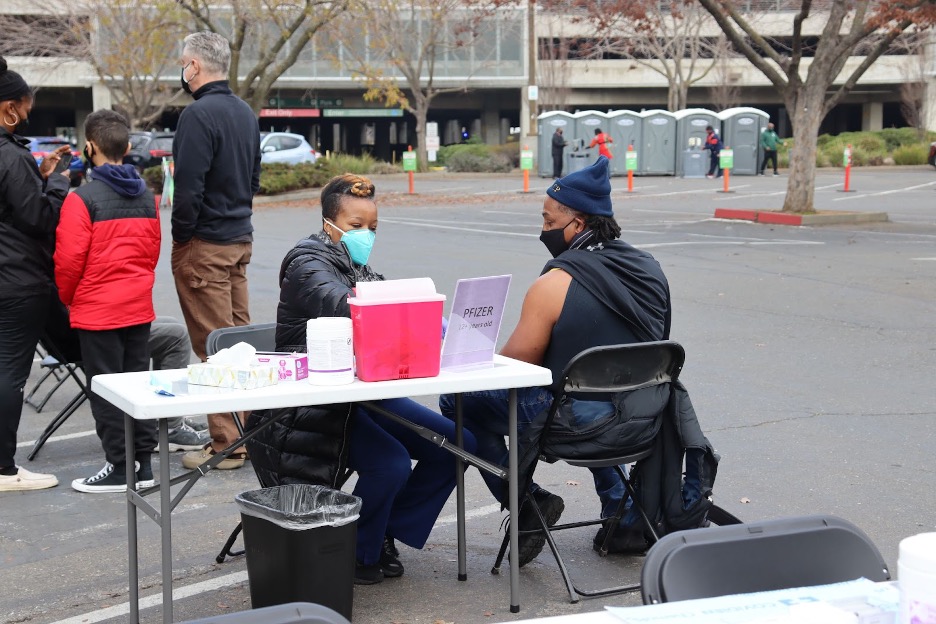
BLM Sacramento and NAACP of Greater Sacramento organized a center with UC Davis to provide testing and vaccinations free of charge in the parking lot of Hornet Stadium.
“We’re doing vaccinations today and we’re getting tested today,” said Willams. “I would like to remind people one of the greatest things Dr. Martin Luther King worked for was also access to healthcare.”
Sac State hosted Dr. Martin Luther King Jr at a commencement about racial inequality in Oct. 1967. Velma Sykes, the third president of NAACP of Greater Sacramento and chair of the MLK charity event said the significance of ending the parade at Sac State is to showcase the university being forward-thinking enough to have had him as a speaker back in those days.
Sykes said today they’re fighting for getting the John Lewis Voting Rights legislation passed. She said some of the things that they’re doing right now to stop voters from being able to vote, were the things King fought against back then when African Americans were unable to vote.
“These campus members are voters,” said Sykes. “If you’re not informed about the issues that you’re facing, you don’t know.”
Sykes said she believes that not only students, but community members, can be proud of the fact that Dr. King came to speak at the university back in the ’60s, when a lot of places banned him from speaking.
“He’s somebody that fought for us,” said Faison.” “BLM Sacramento, we’re continuing the fight that he started. He had a hard life fighting the system, and we want to just make sure that his fight was not for nothing, and that we want to keep extending his legacy and keep fighting the fight that he started.”















































































